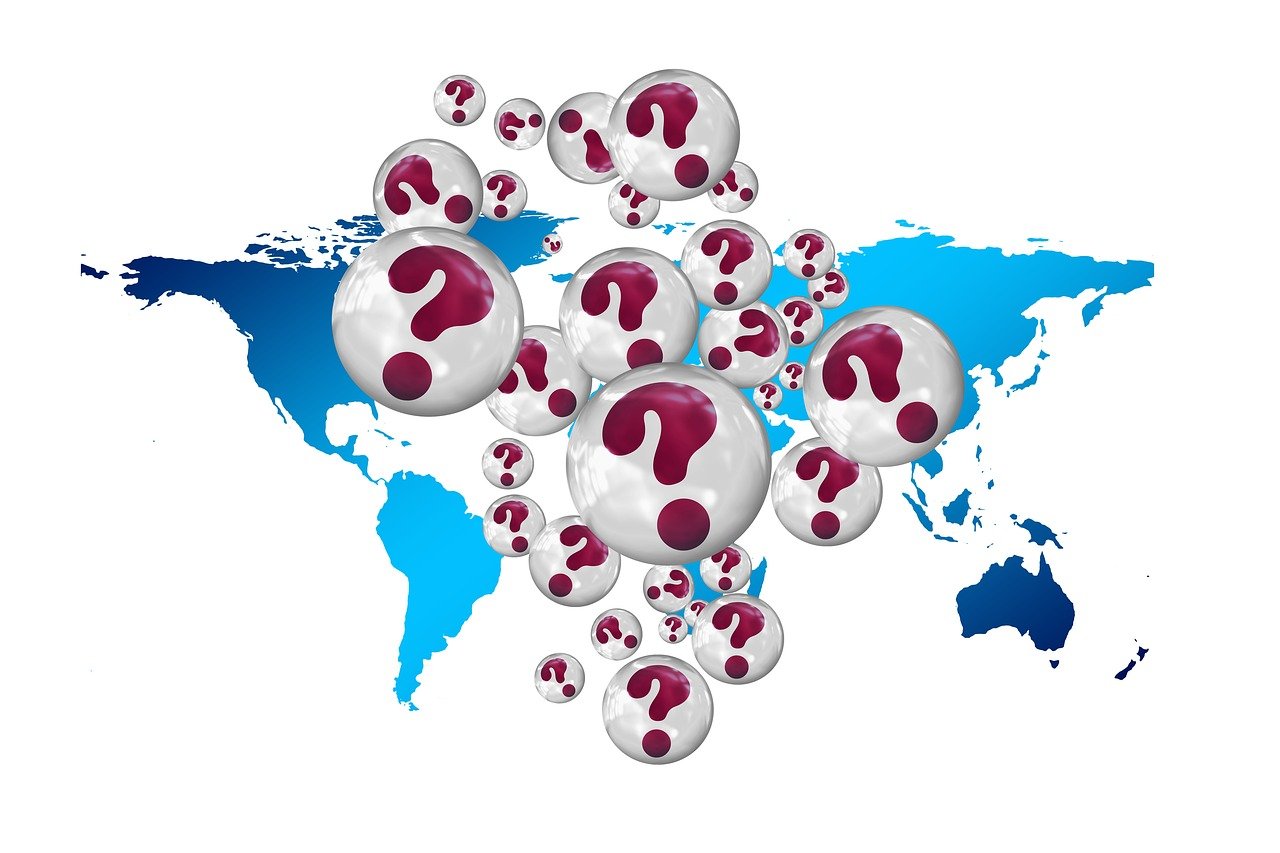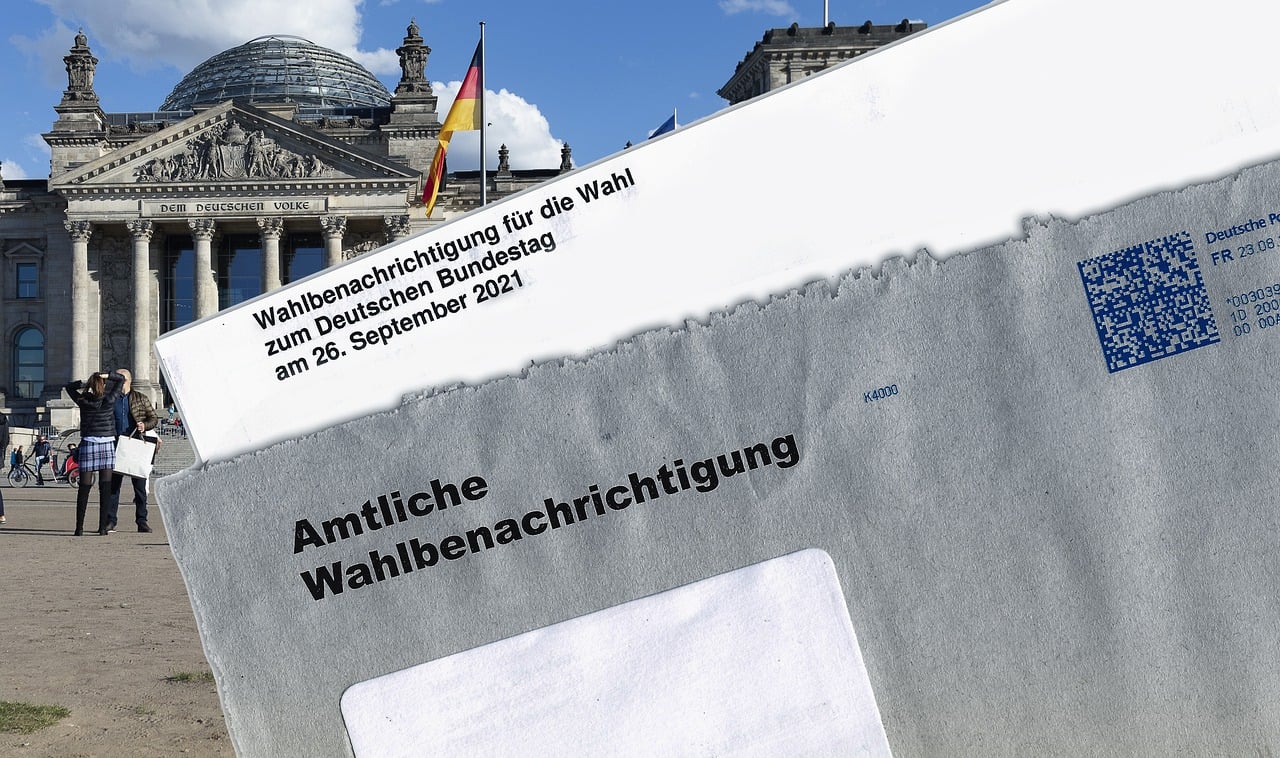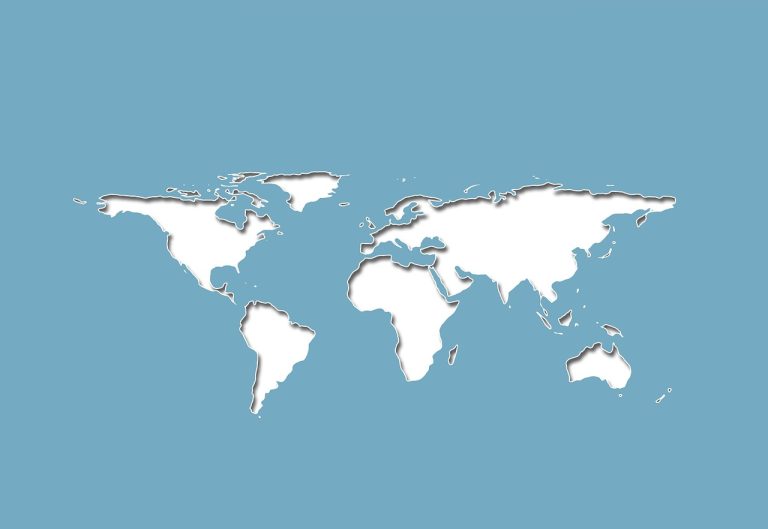
Transparency and Accountability in Philippine Government: Where We Stand in 2022
The quest for transparency and accountability has been a persistent theme in Philippine governance. As we stand in 2022, understanding the current landscape is crucial for both citizens and policymakers. This blog post will delve into the state of transparency and accountability in the Philippine government, exploring its historical context, current initiatives, and challenges.
Historical Context of Government Transparency in the Philippines
The Philippines has a complex history when it comes to government transparency. Post-independence, the country has oscillated between democratic governance and authoritarian rule, impacting the level of governmental transparency. The 1987 Constitution, established after the Marcos dictatorship, was a pivotal moment, emphasizing the need for open governance. It laid the groundwork for future efforts to promote transparency by mandating the right of the people to information on matters of public concern.
In recent decades, various administrations have attempted to implement laws and policies to enhance transparency. The Freedom of Information (FOI) bill has been a recurring proposal, aimed at granting citizens access to government data. Although it has faced numerous challenges in being fully enacted, its persistence highlights the enduring demand for transparency.
Current Initiatives and Legislative Framework
As of 2022, several initiatives underscore the Philippine government’s commitment to transparency. The Executive Order No. 2, s. 2016, signed by President Rodrigo Duterte, operationalizes FOI in the executive branch. This order allows citizens to request access to information, enhancing public participation and oversight.

The Official Gazette serves as the official journal of the Republic of the Philippines, offering a wealth of information about government activities, laws, and issuances. It exemplifies the government’s efforts to ensure that information is accessible to the public.
Moreover, the Anti-Red Tape Act and its subsequent amendments aim to streamline bureaucratic processes, reducing opportunities for corruption and enhancing transparency. These legislative efforts are complemented by the Open Government Partnership (OGP), an international initiative that the Philippines joined to promote open governance.
Challenges to Achieving Complete Transparency
Despite these efforts, achieving complete transparency in Philippine governance faces significant obstacles. Bureaucratic inertia, resistance from entrenched interests, and a lack of resources are perennial issues that hinder progress. The digital divide also poses a challenge, as access to technology remains uneven across the country, limiting the reach of online transparency initiatives.
Corruption remains a major hurdle. The Transparency International Corruption Perceptions Index consistently highlights the Philippines’ struggles with corruption, which undermines efforts to establish a transparent government.
Technological Advances and Their Role
Technology plays a pivotal role in enhancing transparency. The Philippine government has increasingly turned to digital platforms to disseminate information and engage with citizens. Initiatives such as the National Government Portal and the Integrated Government Philippines (iGovPhil) project aim to centralize data and services, making them more accessible to the public.

Social media platforms have also become important tools for transparency. Government agencies use these platforms to communicate directly with citizens, providing updates and clarifications in real-time. However, the proliferation of misinformation online presents new challenges, requiring robust strategies to ensure the accuracy and reliability of information.
The Role of Civil Society and Citizen Participation
Civil society organizations (CSOs) are crucial in promoting transparency and accountability. They act as watchdogs, monitoring government activities and advocating for reforms. In the Philippines, CSOs have been instrumental in pushing for the FOI bill and other transparency measures.
Citizen participation is equally vital. Platforms that allow citizens to report corruption or inefficiencies, such as the government’s official portal, empower individuals to hold public officials accountable. Public consultations and participatory budgeting initiatives further encourage citizen involvement in governance.
Looking Forward: The Future of Transparency in the Philippines
As the Philippines moves forward, the commitment to transparency and accountability must remain unwavering. Strengthening existing frameworks and addressing current challenges is vital. This includes reinforcing the legal structures surrounding FOI, investing in technology to bridge the digital divide, and enhancing the capacity of institutions to implement transparency measures effectively.
Furthermore, fostering a culture of transparency requires continuous education and engagement with citizens. Empowering the public through awareness campaigns and capacity-building initiatives can create a more informed and active citizenry, capable of demanding accountability from their leaders.
Takeaways

In conclusion, while the Philippines has made significant strides towards transparency and accountability, there is still much work to be done. The interplay of historical, legislative, and societal factors presents both opportunities and challenges. By leveraging technology, strengthening legal frameworks, and engaging civil society and citizens, the Philippines can continue to progress towards a more transparent and accountable government. These efforts will not only enhance governance but also build a more democratic and equitable society.
For more information on global transparency efforts, visit the Open Government Partnership website, which provides valuable insights and resources on open governance initiatives worldwide. This ongoing journey towards transparency is a collective effort, demanding the participation and vigilance of every stakeholder in the nation.
International Comparisons and Lessons
To further contextualize the Philippines’ progress in transparency and accountability, it is beneficial to compare it with other nations. Countries like Estonia and New Zealand are often cited as models of transparent governance due to their robust digital infrastructures and strong public trust in government institutions. Learning from these examples, the Philippines can consider enhancing its e-governance systems and fostering a culture of trust and integrity within public offices.
For instance, Estonia’s e-Government system allows citizens to access a wide range of services online, from voting to tax filing, which minimizes bureaucratic red tape and corruption opportunities. Similarly, New Zealand’s proactive release of government data sets a benchmark for openness. These practices demonstrate the importance of technological integration and proactive information dissemination in fostering transparency.

The Impact of Transparency on Economic Growth
Transparency in government is not only a marker of good governance but also a catalyst for economic growth. When government operations are transparent, they create a conducive environment for investment and business operations. Investors are more likely to commit resources to a country where the rules are clear, corruption is minimized, and government actions are predictable.
The World Bank highlights the correlation between transparency and economic performance, noting that countries with higher levels of transparency tend to have stronger economic growth. For the Philippines, enhancing transparency could therefore lead to increased foreign investments and economic stability. This is crucial for achieving sustainable development goals and improving the quality of life for all Filipinos.
Challenges in Implementing FOI
Despite the potential benefits, implementing the Freedom of Information initiatives in the Philippines faces several hurdles. Resistance from certain government sectors, logistical challenges in processing requests, and a lack of awareness among the public are significant barriers. Many citizens remain unaware of their right to access information, and even when they are aware, the process can be cumbersome and time-consuming.
To address these issues, the government must streamline FOI processes, ensuring they are user-friendly and efficient. This may involve investing in training for government personnel, developing comprehensive guidelines for information requests, and conducting awareness campaigns to educate the public about their rights under FOI laws.

The Role of Media in Promoting Transparency
The media plays a pivotal role in promoting transparency and accountability. As the fourth estate, it acts as a watchdog, scrutinizing government actions and informing the public about issues of national interest. In the Philippines, a free and independent media is essential for uncovering corruption, highlighting inefficiencies, and holding public officials accountable.
However, media practitioners face challenges such as political pressure, threats to press freedom, and the spread of misinformation. To support the media’s role in transparency, it is vital to protect journalistic freedoms and ensure that media outlets operate in an environment free from fear and intimidation.
Conclusion: A Collective Responsibility
In summary, transparency and accountability in the Philippine government are critical for building trust between the state and its citizens, fostering economic growth, and ensuring democratic governance. While significant strides have been made, ongoing efforts are required to overcome the remaining challenges.
Achieving a truly transparent and accountable government is a collective responsibility. It requires the concerted efforts of government officials, civil society, the private sector, media, and citizens alike. By working together, the Philippines can continue to improve its governance structures, ensuring that they are open, accountable, and responsive to the needs of the people.
As the nation progresses, the commitment to transparency and accountability must remain at the forefront of governance, serving as a foundation for a more equitable and prosperous society. For more insights on fostering transparency and accountability in governance, resources from the World Bank provide extensive research and case studies that can guide and inspire continued efforts in the Philippines.



